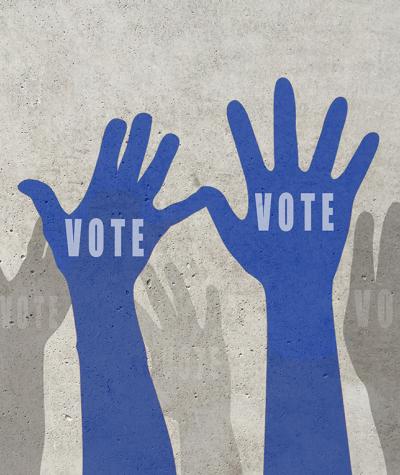Thanks to a recent burst of legislation, thousands of Americans may soon regain the most fundamental right of citizenship, the right to vote. Inspired in part by Florida’s November 2018 referendum, and thanks to years of committed advocacy by local groups, public opinion has shifted in favor of restoring voting rights to citizens who have past convictions.
The increase in the number of bills shows the breadth of the movement to disentangle the criminal justice system from the ballot box. These new laws and proposals also show the range of possible improvements that will move states in the right direction.
Ending Disenfranchisment
Only two states never strip a citizen of the right to vote: Maine and Vermont. Five states considered joining them this year. Virginia, New Jersey, Hawaii, Connecticut and Massachusetts examined completely ending felony disenfranchisement and guaranteeing the right to vote regardless of one’s status in the criminal justice system. Only Massachusetts is still considering joining Maine and Vermont by considering measures that would detach voting rights from the criminal justice system entirely, allowing all adult citizens to vote.
Ensuring that all Formerly Incarcerated People Can Vote
The Colorado House of Representatives voted to ensure that all residents are able to vote after incarceration. The bill enjoys bipartisan support and now heads to the State Senate. If it becomes law, nearly 10,000 more people would have a voice in the electoral process.
Similarly, Nevada Speaker of the House Jason Frierson, is sponsoring a bill that would end Nevada’s onerous process of rights restoration and allow those with convictions to vote as soon as their incarceration ends. The bill passed committee but has yet to be heard on the floor of the House. This would erase one of the most byzantine disenfranchisement schemes in the country.
California, which already lets some people vote while incarcerated, is debating a bill that would let parolees vote. Clearing the first hurdle, the bill passed out of committee and 48,000 Californians would have their rights restored if the proposal became law.
A Connecticut bill still making its way through the legislature would expand the electorate by allowing parolees to vote and end a modern day poll tax by removing requirements that some pay outstanding fines and fees before voting.
Positive Administrative Action
It is not only legislatures that can take action to reform these laws. In Iowa, Republican Governor Kim Reynolds streamlined the administrative process for registering to vote after a conviction. Governor Reynolds also proposed a constitutional amendment to restore voting rights after the completion of a sentence but the bill died in the Senate after it soared through the House nearly unanimously.
CLC has been advocating that the Nevada Secretary of State clarify and simplify their law. We have also worked with a number of states to ensure they make available accurate information about eligibility after a conviction.
Maybe Next Year
A proposal in Tennessee to restore voting rights after the completion of a sentence was tabled despite widespread public support. The bipartisan bill received hearings in both houses and advocates continue to push for change.
Nebraska and New Mexico legislators also considered reform but efforts fell short this legislative session. Both states prohibit some people who are living in their community from voting because of their past convictions. New Mexicans can vote after their probation or parole ends while Nebraska currently requires a two-year waiting period after the completion of probation or parole before registering to vote.
The final fate of these legislative efforts is still unknown, but in states where advocates have succeeded in lifting obstacles, the power of local voices and personal stories has been front and center.
Lastly, making sure that people know and understand their rights is a challenge given the patchwork of confusing state laws, and prevalence of misinformation. As dear as the right to vote is, people will only exercise their right if there is adequate public education. States must meet their responsibility to clarify voting eligibility and publicize changes.
For too long, legal barriers have taken away the voice of returning citizens. Recently, it has been encouraging to see momentum heading in the right direction. Our democracy works best when every citizen participates and the bevy of legislation shows that lesson is taking root across the country.
